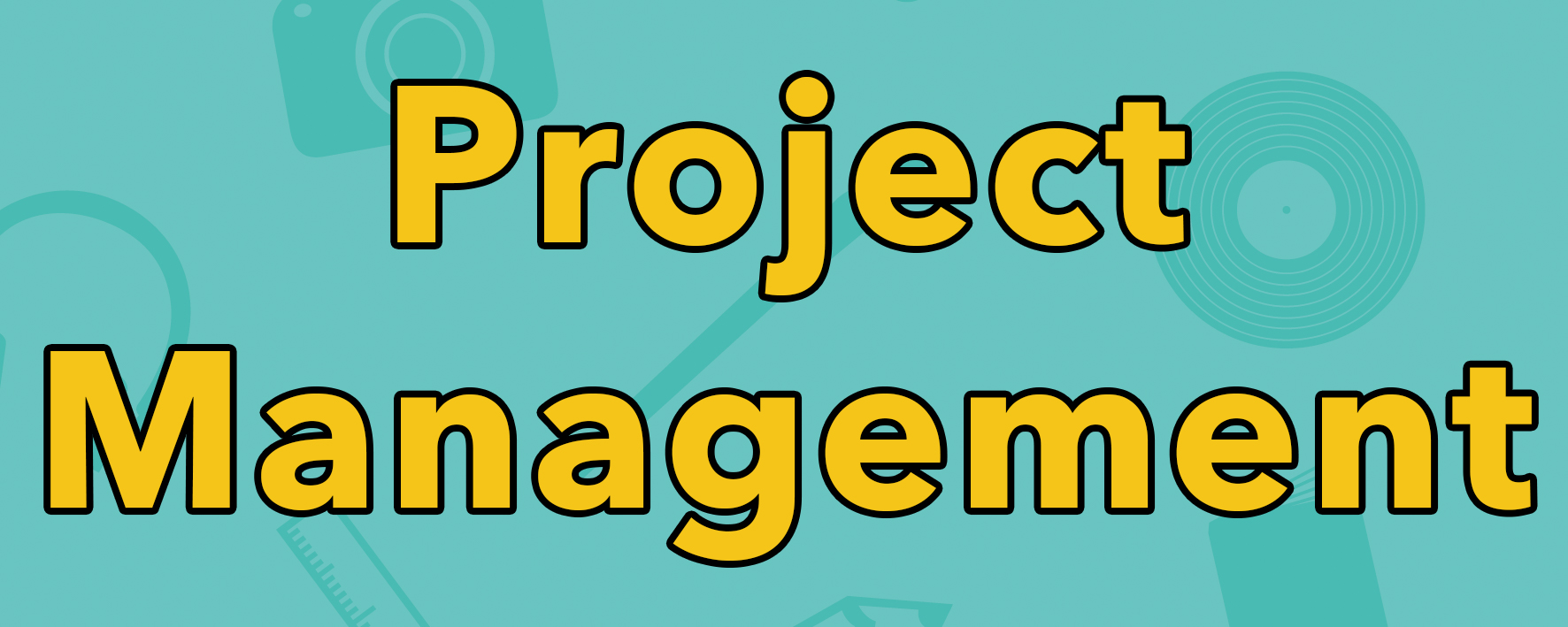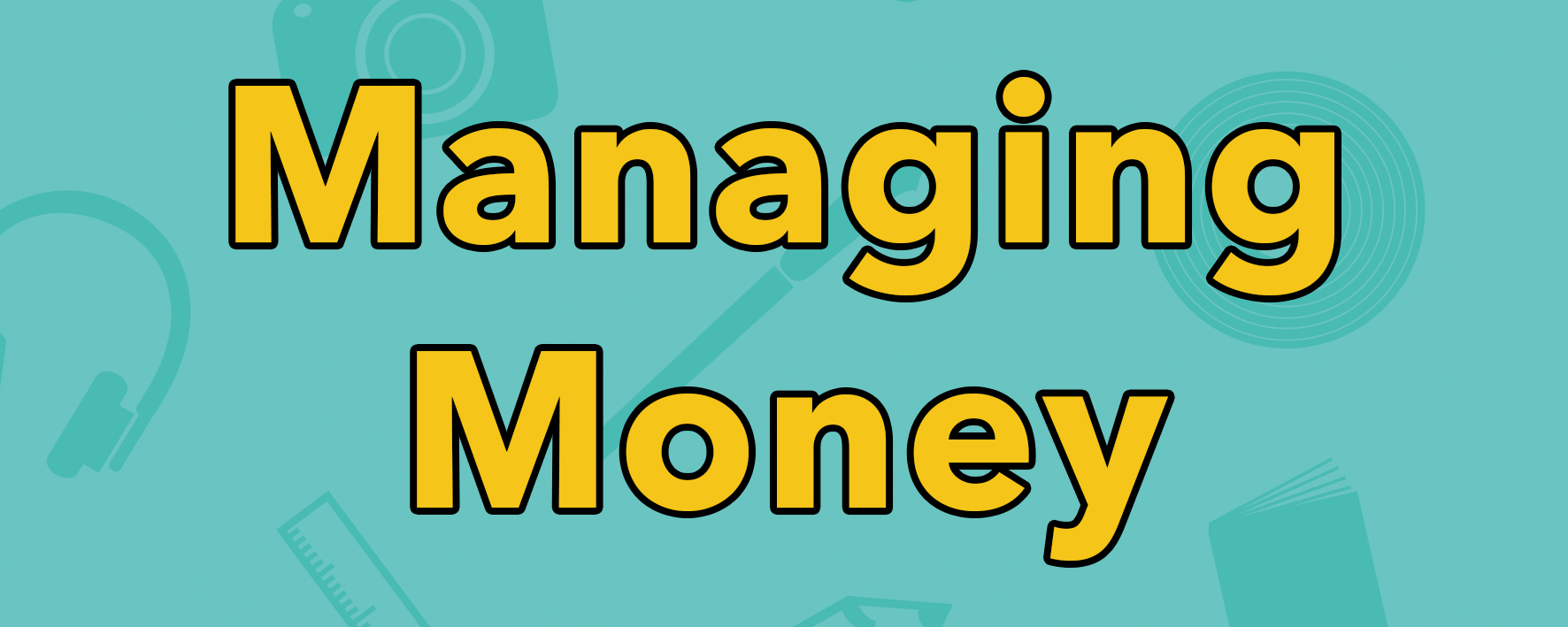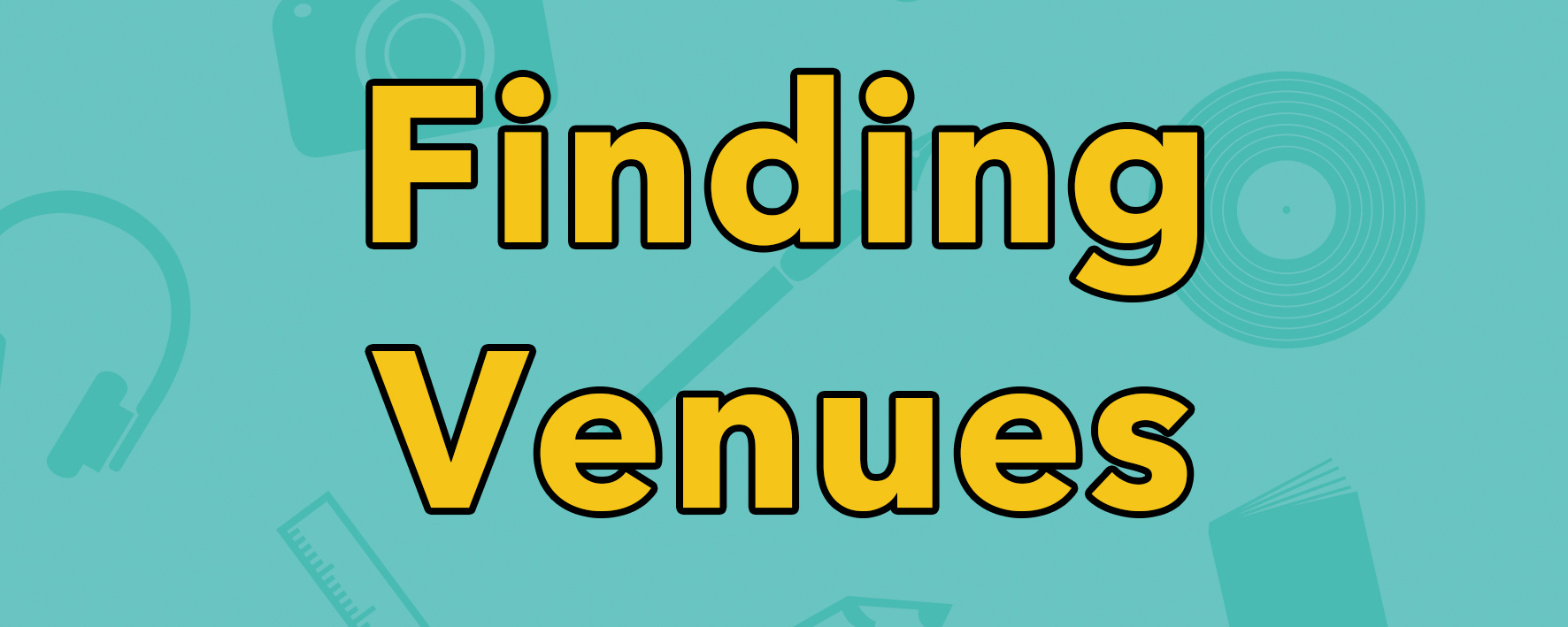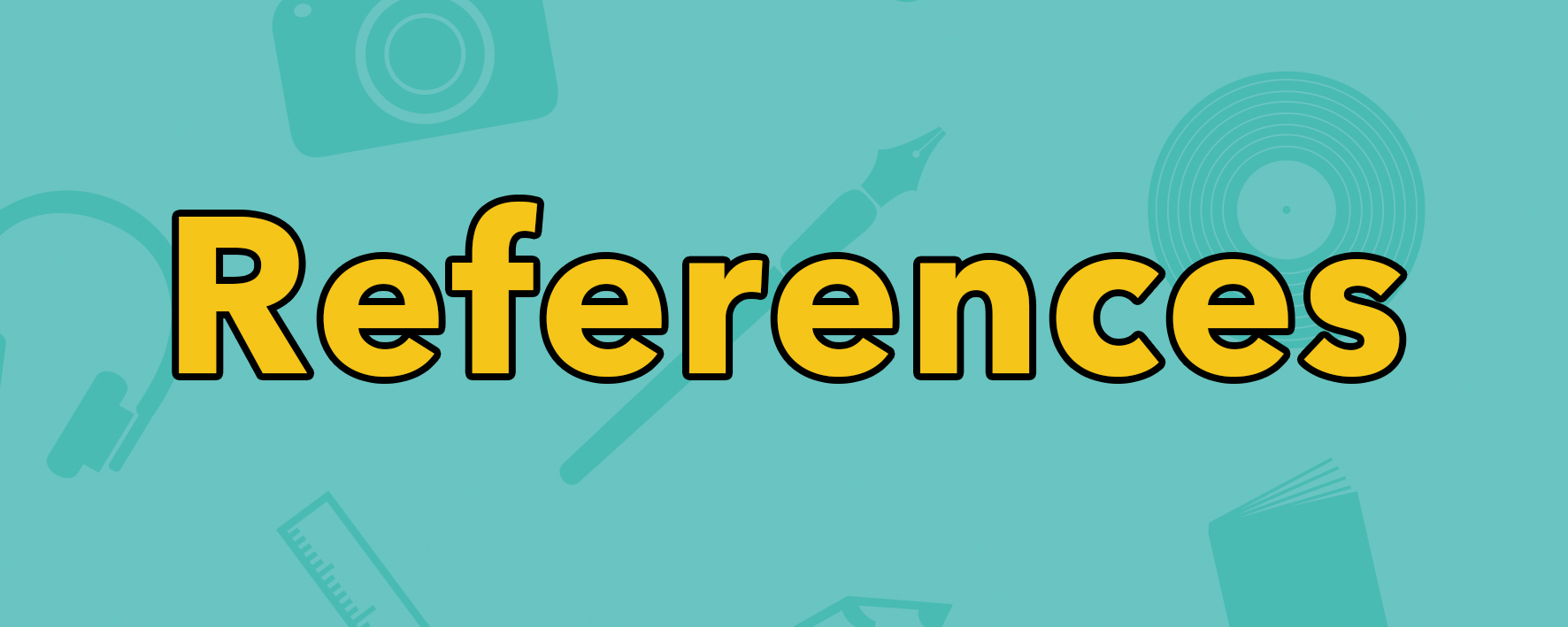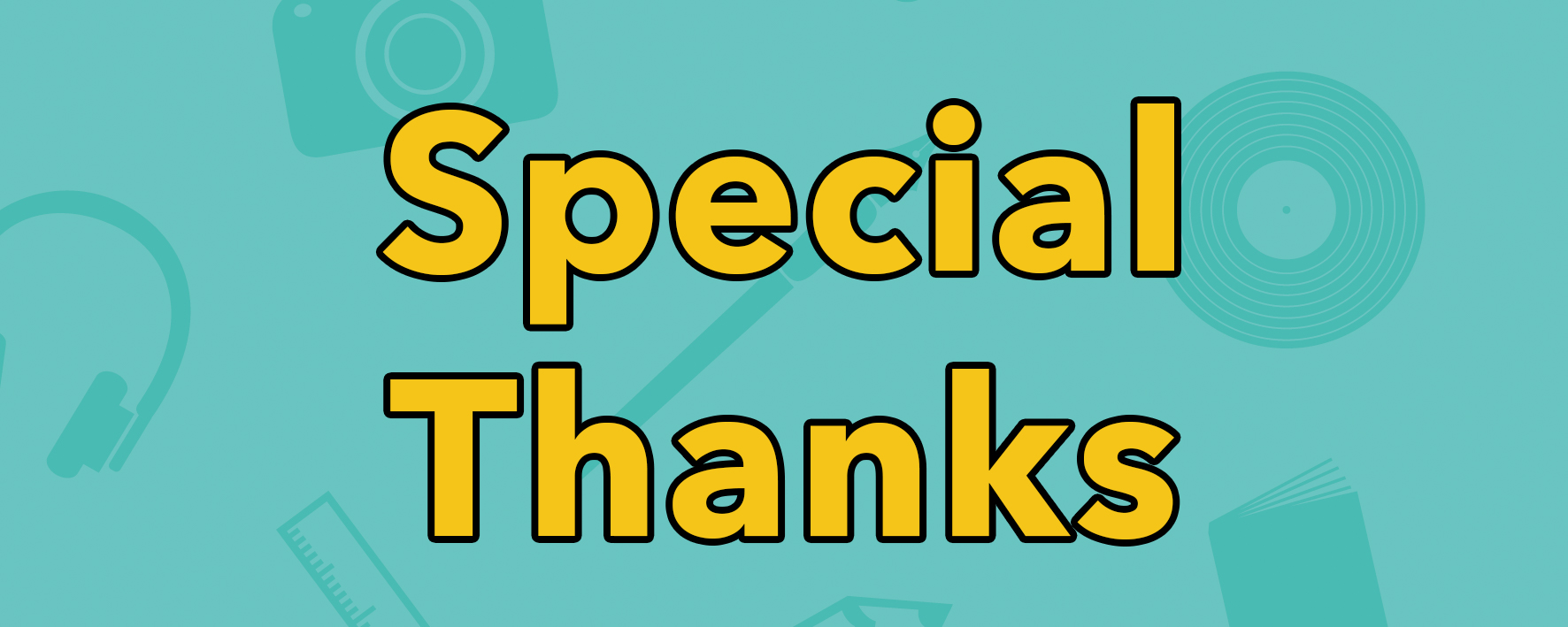Record Keeping
A great place to start with money management is setting up an organised record keeping system. Becoming a good record keeper is one of the best ways to ensure that your business stays afloat and continues to be viable.
Inevitably, money will be flowing in and out of your account. Every time money enters or leaves your account a transaction occurs. You may receive money from grant funding, from your personal contributions or from sales income. Simultaneously money will leave your account as you encounter business expenses.
If you are a registered business, you will need to keep all your financial records for five years by law, so ensuring that you put the correct systems in place to record your transactions is paramount. Keeping transaction records will also make it easier to complete activity statements, prepare your tax returns, make informed business decisions, and apply for loans and funding.
Receipts, invoices, quotes and bank statements will all become familiar territory, so develop a storage system that works well for you. You can keep them in electronic or hard copy form, depending on you preferences. In either situation, you will need to develop a filing system to keep everything organised and ensure that they are stored in a secure location. If you are storing your records electronically, it is a good idea to have a back up of these transaction records in case your computer fails.
Useful Accounting Software
Software packages such as Excel, MYOB or Quickbooks are another way to help you stay on top of the finances. Choose a program that suits your finance requirements and learn how to use it properly. This will allow you to keep your finances in good order and ensure that everything balances out the way it should at the end of the day. In fact, programs like MYOB and Quickbooks are designed to produce various reports at the click of the button saving you time and energy.
While purchasing software like this might seem like a big spend, if you utilise it correctly you will have great systems in place, and when the end of the financial year rolls around you’ll be one step ahead.
Seek Support
Remember, there are lots of support options available to you if you don’t have the time, or would prefer not to manage your own finances. Working with a qualified accountant is one option and they will be able to help guide you through while also making sure that your records are up to date and legally compliant. If the thought of completing a Business Activity Statement (BAS) or figuring out your Goods and Services Tax gives you nightmares, then paying an accountant might help relieve some of the stress. This way, you can get back to the more creative side of things in the knowledge that your finances are under control.
Keep Your Records Safe
It is really important to stay organised whilst managing money and always make sure that you know who has access to your financial records, bank accounts and petty cash. Not only will this safeguard you against theft or misappropriation of funds, it will be the basis from which you are able to complete financial reporting and taxation documents.
Ensure you:
Keep all your receipts/invoices (digital or hard copy)
Keep your business and personal finances separate
What year is it?
A budget can be based upon the calendar year or the fiscal year (July 1 – June 30). Many arts organisations use the calendar year, as it aligns with the Department of Culture and the Arts and Australia Council for the Arts funding rounds; however, this might not be relevant to your business. Pick a system that works for your business and stick to it!



